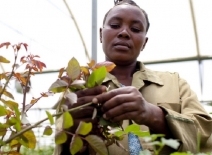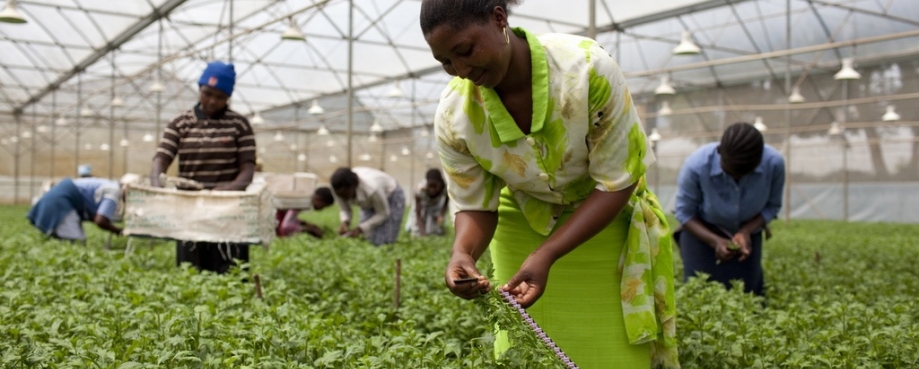
Small steps, giant leaps and ‘knitting’
This series shares key highlights and learnings from the programme ‘Gender Equity Across Supply Chains: a comparative analysis’ initiated by Women Working Worldwide and Banana Link in 2018, and joined a year later by Homeworkers Worldwide.
Our aim was for these examples of good practice to inform further work by companies, NGOs and Unions on improving the rights of women workers and producers.
We hope that our stories will encourage you to think about how you too can take those small steps - or even giant leaps - and knit them together to help build a gender equal world, even in the face of global crises.
A lot has changed in the three years from this programme’s inception, we hope that our stories will encourage you to think about how you too can take those small steps - or even giant leaps - and knit them together to help build a gender equal world, even in the face of global crises. COVID-19 did not create these inequalities, but it certainly illuminated them, as did COP26 and its demand for climate justice, and we all have a part to play in helping to ensure equality becomes a reality.
We will be sharing blogs twice a week from January to February 2022.
Blog posts
Gender Equity: Top tips from Kericho tea estates
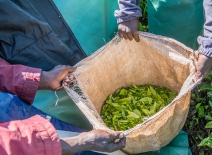
Gender Equity: Top tips from Naivasha flower farms
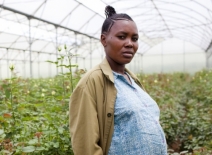
Gender Equity in Supply Chains: An enabling environment
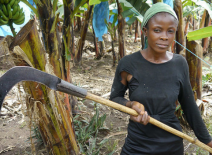
Gender Equity in Supply Chains: Representation
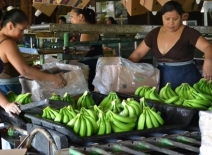
Gender Equity in Supply Chains: Education
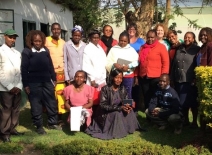
Putting homeworking on the Gender Agenda

Gender and Casualisation: the elephant in the room
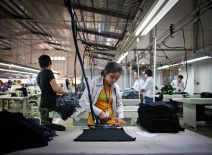
Gender Equity in Supply Chains: Future proofing
